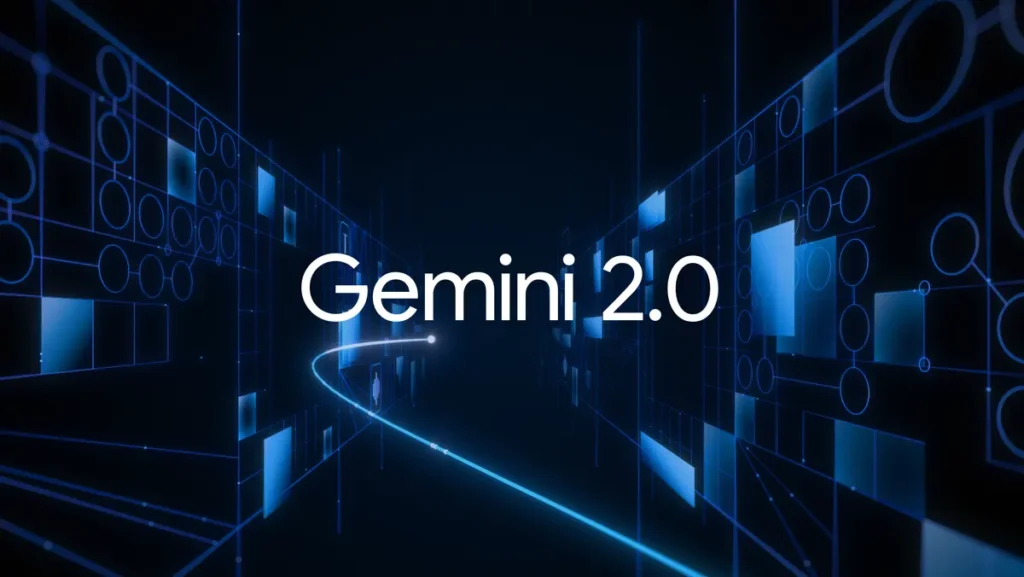
Google has introduced its most capable AI model yet designed for the agentic era. The new model, Gemini 2.0, brings improved performance, more multimodality, and new native tool use. The first model already drove big advances with multimodality and long context to understand information across text, images, video, audio and code, and process a lot more of it.
Now, the new model will enable the company to build new AI agents that bring it closer to its vision of a universal assistant. According to the company’s post on X, “Gemini 2.0 Flash outperforms 1.5 Pro on key benchmarks, at twice the speed”.
As our workhorse model, Gemini 2.0 Flash outperforms 1.5 Pro on key benchmarks, at twice the speed.
— Google DeepMind (@GoogleDeepMind) December 11, 2024
It can generate images mixed with text as well as customizable text-to-speech multilingual audio. 2.0 Flash can also call tools like @Google Search, code execution and third-party… pic.twitter.com/OVicGFnJdP
Gemini 2.0 Flash Experimental is now available to developers via Google AI Studio and the Gemini API; Businesses through GoogleCloud’s Vertex AI platform; All GeminiApp users.
We’re beginning to test Gemini 2.0 Flash in research prototypes and experiments, including:
— Google DeepMind (@GoogleDeepMind) December 11, 2024
🔵 Project Astra, which explores future capabilities of a universal AI assistant
🔵 Project Mariner, which shows what’s possible for human-agent interaction, starting with your browser
🔵…
With Gemini 2.0, Google is bringing advanced reasoning capabilities to AI Overviews to address more complex topics and multi-step questions, including advanced math equations, multimodal queries, and coding. According to the company’s blog, “We started limited testing this week and will be rolling it out more broadly early next year.”
Also Read: What is Google ‘Learn About’? Everything You Need to Know
Stay tuned to The Future Talk for more such interesting topics.